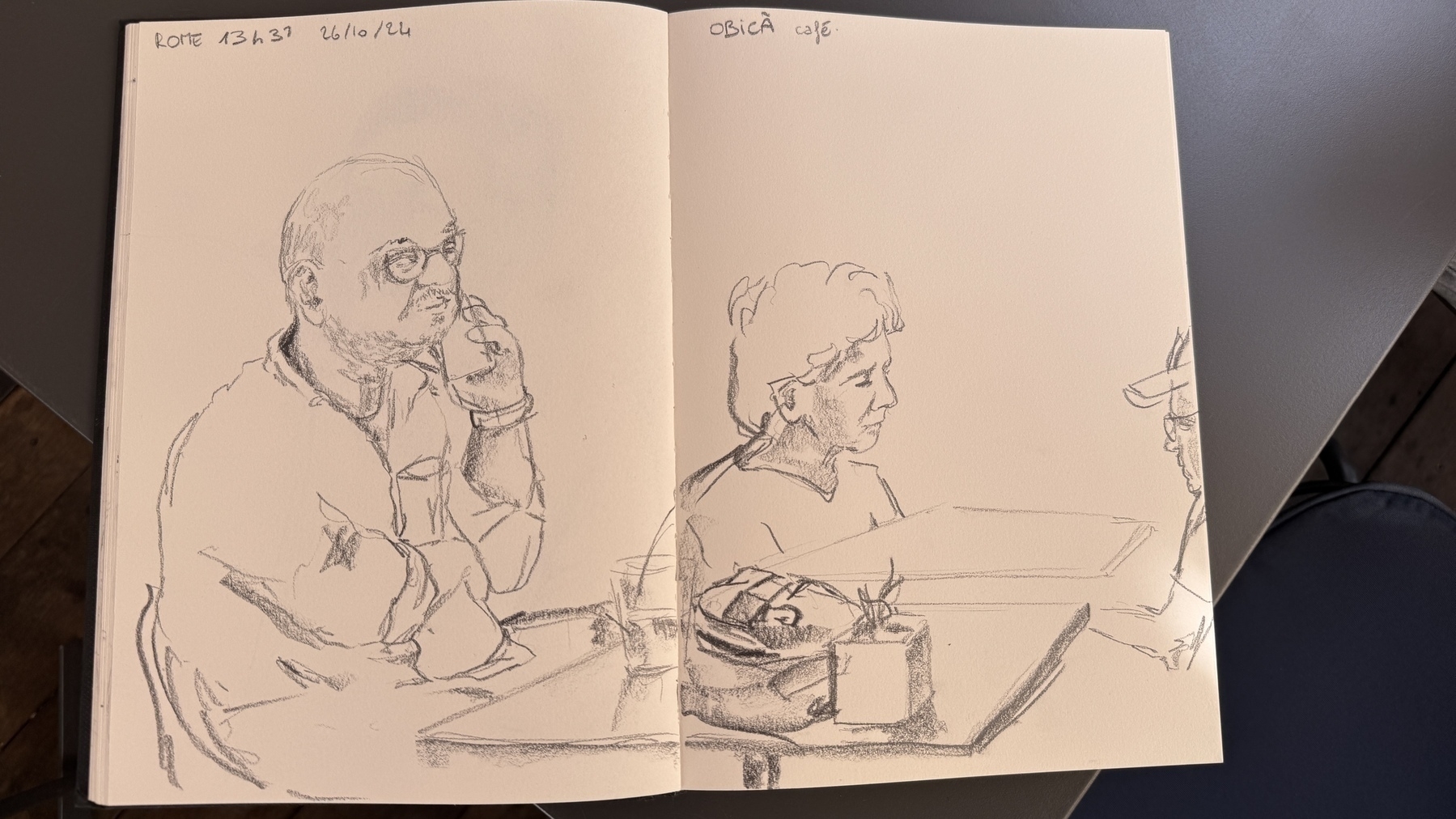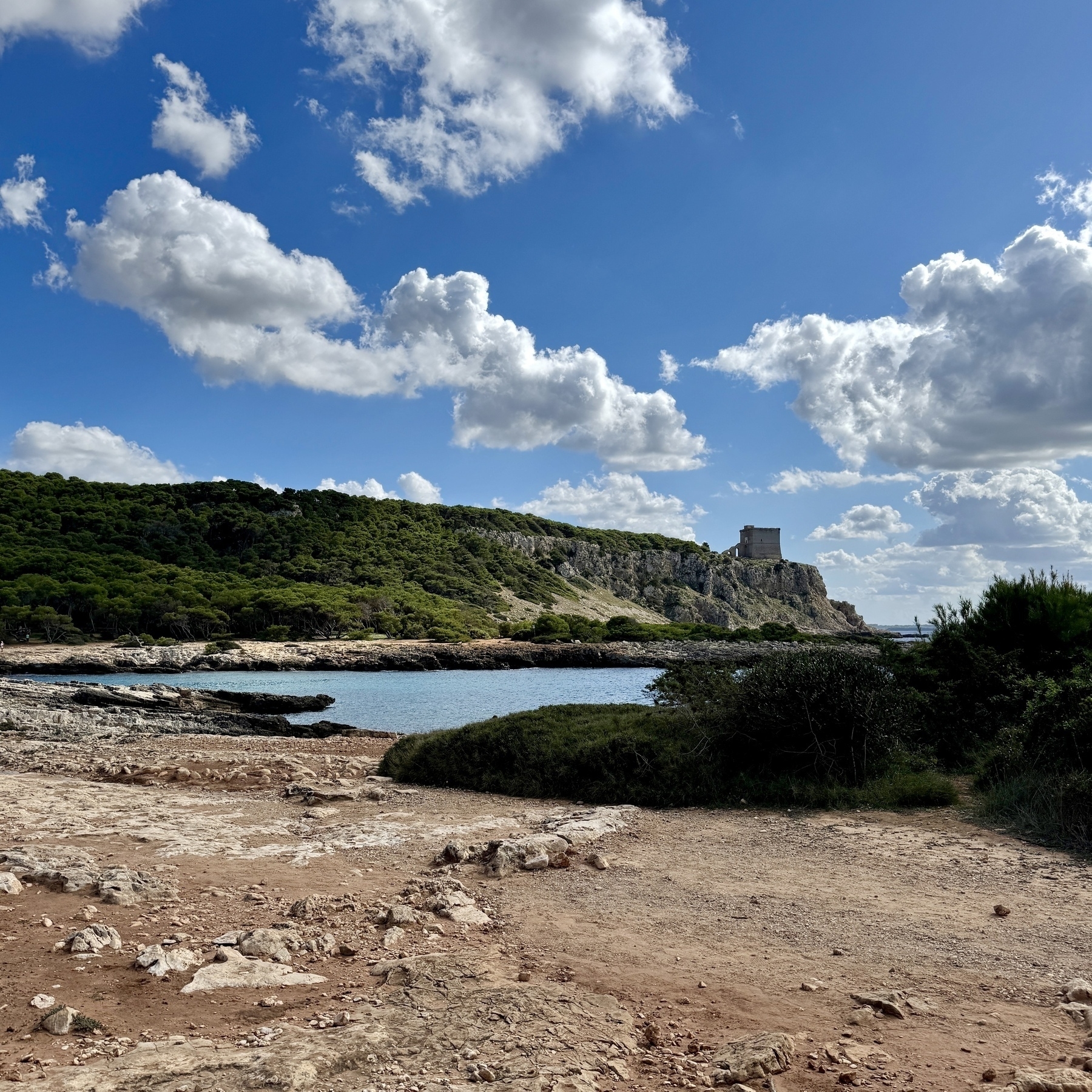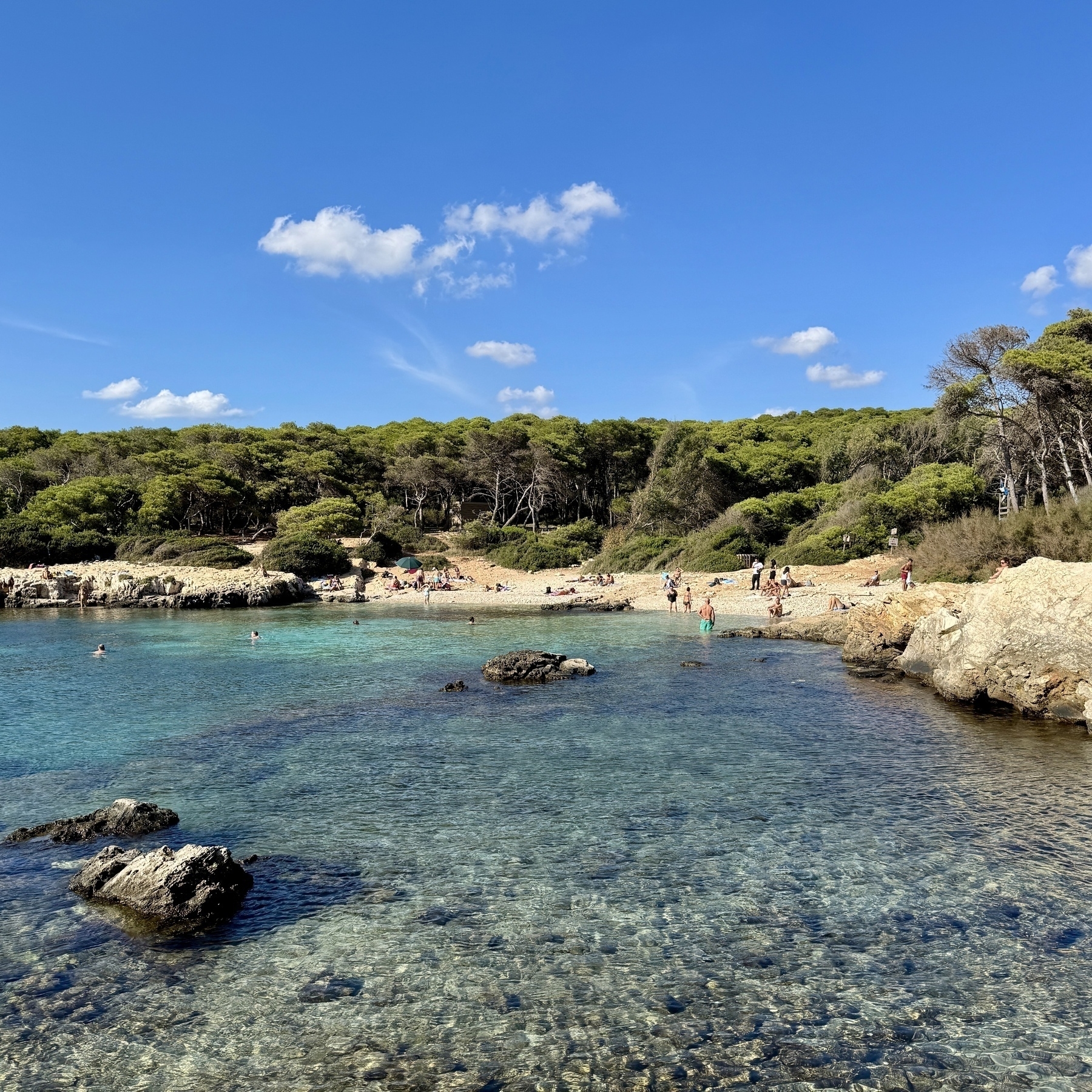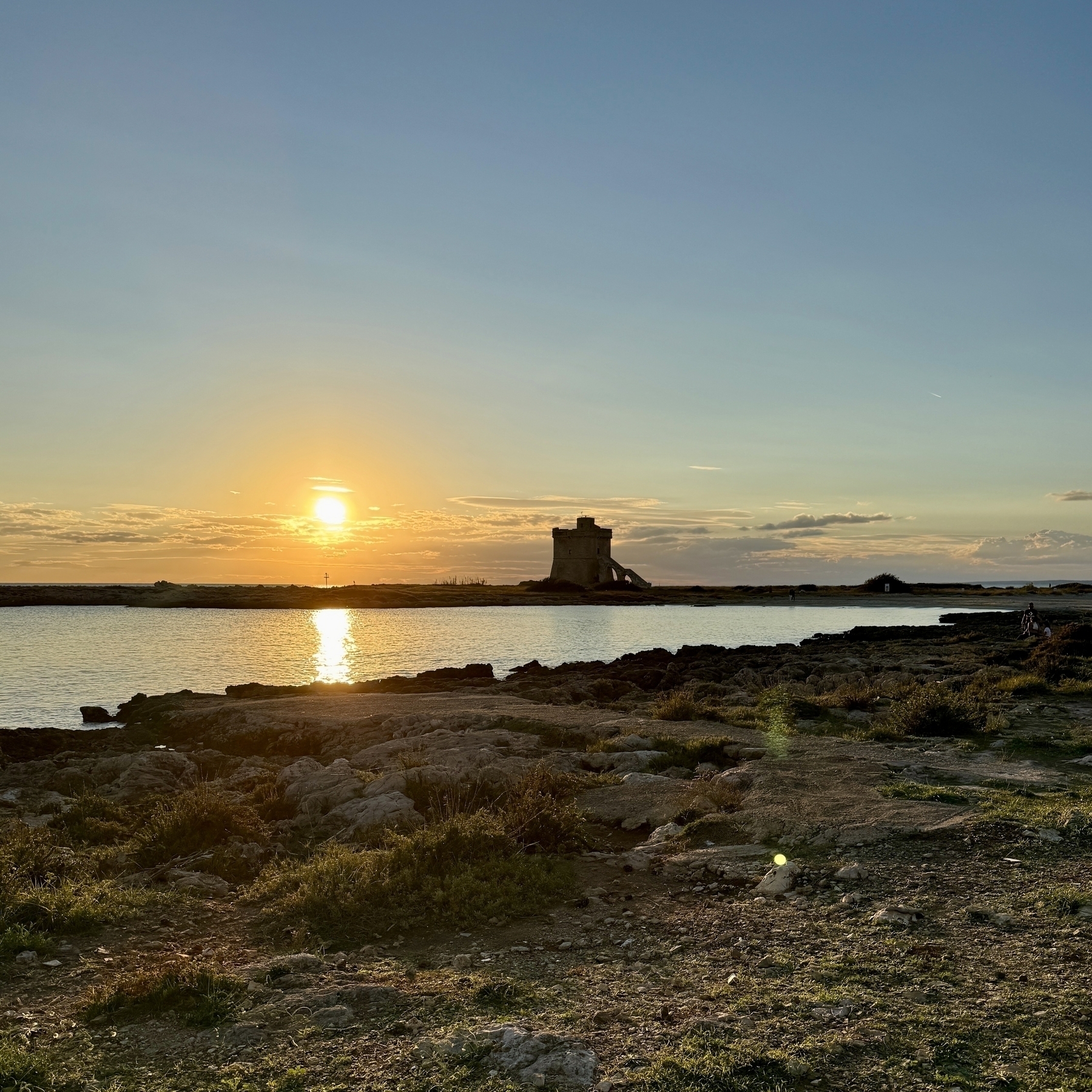2024
Great quote from Hunter S. Thompson:
“It is not necessary to accept the choices handed down to you by life as you know it. There is more to it than that — no one HAS to do something he doesn’t want to do for the rest of his life. But then again, if that’s what you wind up doing, by all means convince yourself that you HAD to do it. You’ll have lots of company.”
Finished reading: Principles of Sustainable Finance by Dirk Schoenmaker and Willem Schramade 📚
Finished reading: A Poetry Handbook by Mary Oliver 📚
Some useful definitions of diction, tone and voice from Mary Oliver’s A Poetry Handbook.
Diction:
“‘Watch your language!’ you may say to someone who has just expressed himself with the help of slang or an expletive. What you really mean is ‘Watch your diction!’ Diction means word choice."
Tone:
“The overall effect of the diction of a piece of writing, in addition to other elements, such as choice of subject, imagery, design of the poem, etc., is called tone.”
Voice:
“The term voice is used to identify the agency or agent who is speaking through the poem, apart from those passages that are actual dialogue. This voice, or speaker of the poem, is often called the persona.”
Finished reading: A Life on Our Planet by Sir David Attenborough 📚
Finished reading: A Path Through the Jungle by Prof Steve Peters 📚
What a fantastic book. Strongly recommend it to anybody looking for some practical, step-by-step advice for taking more control of your mind.
A quote that hit home:
“Every day that we get up, we change. We are a different person from the one who went to bed the night before. By making small changes to your thinking and behaviours, over time, you will move yourself in the direction that you want to go.”
This seems like solid advice too:
“Sometimes, life seems more like a circus than a jungle. If you see life as a circus then stay in your seat and laugh at the clowns; don’t enter the ring and risk becoming one.”
Delighted to have been awarded a distinction in my journalism diploma from the London School of Journalism. 🎓
Finished reading: Invisible Doctrine by George Monbiot and Peter Hutchison 📚
Finished reading: How to Read a Poem by Terry Eagleton 📚
As the dust settles on the US election result, those who care about what it means for the climate may find some strength in these words from James Stockdale.
“You must never confuse faith that you will prevail in the end — which you can never afford to lose — with the discipline to confront the most brutal facts of your current reality, whatever they might be.”
He was a U.S. prisoner tortured and held captive for over seven years during the Vietnam War. It is known as the Stockdale Paradox.
Keep faith in the future but confront reality head on. Mix outrage and optimism.
Sir Jonathan Bate has commented on the shift from humanities to STEM subjects among students seeking well-paying jobs.
“The irony of that, of course, is that if you speak to employers, they really like English students because the best of them can write, communicate and think critically. The deeper irony is, with the AI revolution, the people who are really going to lose their jobs are the computer programmers.”
He has a point. But in my opinion, what we need more of is writers who can code and coders who can write. I think AI can really help people expand their skillset.
As reliance on AI grows, those who develop deep, ‘analogue’ expertise in whatever it is they specialise in will stand head and shoulders above the rest.
I think how AI is used in education is particularly important. Especially if the machines break or get turned off one day.
Venus is shining bright as the sun goes down. Seems like the only star in the sky.

Finished reading: I Know Why the Caged Bird Sings by Maya Angelou 📚
Every now and then something happens in my life that reminds me of the importance of having a compassionate mind, both towards others and towards myself.
For example, a stranger was quite rude to me the other day. It was completely unprovoked, surprising and caught me off guard.
Instead of turning to anger or losing confidence, I thanked them and understood that their life may not be where they want it to be. And I was just some person who for whatever reason got in their way as they tried to keep going.
What may have once developed into a confrontation or knocked my confidence ended up as this blog post and a chance to reflect on how much I’ve grown.
Big fan of iA Writer. Its measured approach to incorporating AI in its writing tool is interesting.
Instead of adding OpenAI & Co. to our app like everybody else, we figured that visually separating artificial and human text was the kind of problem we had to solve. So we did.
Here’s a link to a blog post with more detail about iA Writer’s Authorship tracking feature. Looks cool.
Stopped for a lunchtime drink at a bar in Rome and, unknown to me, a French girl sitting at the next table was drawing me as I was talking on the phone.
She’s talented. She explained that she’s an art student and likes to do this when she travels.

The room in Rome where John Keats died.

Walked past some old building in Rome around sunset tonight.

“Coming from an ‘empty’ world with abundant natural resources, the Industrial Revolution brought prosperity in the form of economic and population growth. At the same time, this growth—based on production processes dependent on fossil fuels and other natural resources—has created social and environmental challenges."
A succinct assessment of the path we’re on in the Principles of Sustainable Finance by Dirk Schoenmaker and Willem Schramade. Great read so far.
What will it take to make corporate profits and shareholder returns much less of a factor when measuring the performance, or ‘growth’, of businesses?
“Being kind to others is mostly about your actions. Being kind to yourself is mostly about your thoughts.”
From James Clear’s newsletter.
Finished reading: The Ministry for the Future by Kim Stanley Robinson 📚
A beach at the Porto Selvaggio nature reserve in Salento.
You need to walk through woods for 30 minutes from the nearest parking spot. Worth it every time.

Finished working my way through the Earth’s Changing Climate course by Professor Richard Wolfson, available on Audible or directly through The Great Courses.
Old (2007), but still a solid intro to the science behind climate change.
Great article by Helen Thomson in The Observer about the mental health benefits of taking walks in nature.
Throughout the pandemic, I tried to take a long walk in the countryside every day. Doing this helped me get through a difficult time, that’s for sure, but I didn’t really give much thought as to why. The article explains some good reasons I can relate to.
Although it may sound great to people living in cooler parts of the world planning a summer holiday, one of the main downsides of living in southern Italy is how unbearably hot the summers are. Walking, and being outside in general, feels impossible for much of the day.
Now summer is finally over and the temperature is more manageable, I want to explore more of the Puglia countryside.
As the title of the article says: “Nature is free, and the best kind of medicine”.
Finished reading: Consider Phlebas by Iain M. Banks 📚
Finished reading: The Madness of Crowds by Douglas Murray 📚
Finished reading: A Year in Provence by Peter Mayle 📚
I’ve been looking for a markdown editor that’s nice to use, keeps everything in sync and plays well offline.
I frequently work across macOS, iOS and Linux. The fact I use Linux on my old Surface Pro when out and about throws a spanner in the works and narrows my options somewhat.
Decided to give Obsidian a spin.
Liking what I see so far, especially the option for making subheadings foldable in the editor. Very tidy. The general look and feel of the app is great too. Obsidian Sync works well and comes with a one month version history and activity log.
It also offers a welcome nudge to finally set up that Zettelkasten and figure out a more effective way of taking and managing notes. But that’s for another day.
Finished reading: Ultra-Processed People by Chris van Tulleken 📚
Finished reading: Vulture Capitalism by Grace Blakeley 📚
I’ve been comparing Google’s Gemini 1.5 Pro with OpenAI’s GPT-4o.
The consensus from my research seems to be that most people think that ChatGPT is by far the better product. However, I find Gemini offers a better experience for me.
I use it to help with lesson planning, learning Italian, studying iOS development and for help across other more general things. It’s also become a new first point of call for much of what I would otherwise just Google the old-school way.
More often than not, Gemini reads between the lines to tell me what I need to know in a far better format and tone than what I get out of ChatGPT. It’s also more frequently correct, with a button to link to sources if I want to dig deeper.
I find it much easier to be sloppy with my prompts and get what I need with Google than with ChatGPT. Sure that may make me sound lazy, but sometimes I don’t particularly feel like ‘engineering’ a prompt. This is not to say the difference is night and day, they are both very close, but I picked up on some nuances after using both for months as I weighed up where to spend my €23 per month.
There is something about Google that seems just nicer and clearer in the way it explains things. It’s a bit less bland and cliché. The way information is structured and communicated matters a lot. There are so many different ways to say the same thing, with just as much variation in clarity and impact.
I don’t use it for any writing, however. Even for feedback as an editor, I find its language suggestions and structural ideas a bit too formulaic. But for research? If you’re willing to treat it like a really smart academic who is known to be a serial liar and take drugs at any time of the day, I think it’s a fantastic tool in your arsenal.
I often access Gemini through the Google app on my iPhone. If you’re not familiar with the format, there are two big tabs at the top: Search and Gemini. I would say that I use Gemini more often than Search.
I think this is a sign of things to come.
Finished reading: The Cold War by Odd Arne Westad 📚
Finished reading: The Collected Poems by Robert Frost 📚
Finished reading: Poetry in the Making by Ted Hughes 📚
This is a great short book about poetry and the craft of writing it.
Finished reading: The Murders in the Rue Morgue and Other Tales by Edgar Allan Poe 📚
Finished reading: The Inferno by Dante 📚
This quote from software engineer Kent Beck pretty much sums up where I keep going wrong.
“By far the dominant reason for not releasing sooner was a reluctance to trade the dream of success for the reality of feedback.”
Dreams of future success may be a comfortable place to hang out, but they’re a complete waste of time.
Finish the work. Put it out there. Listen to what other people think about it.
Spotted in James Clear’s newsletter this week.
Young vines preparing to soak up the summer sun.

Finished reading: The Alchemist by Paulo Coelho 📚
Finished reading: Bright Wings by Billy Collins 📚
Drawings of birds and poems about birds. What’s not to love?
Over recent months this website has morphed into a public log of my reading.
I’m ok with that. I guess the beauty of having a personal website is that you can use it as you want, and it’s ok if that changes over time as it rides life’s ebbs and flows with you.
With no hunger for likes or algorithms to appease the freedom feels real. Hopefully I’ll find the time to post a wider variety of things here soon.
Finished reading: Me Talk Pretty One Day by David Sedaris 📚
Funny and beautifully written.
Finished reading: The Hitchhiker’s Guide to the Galaxy by Douglas Adams 📚


